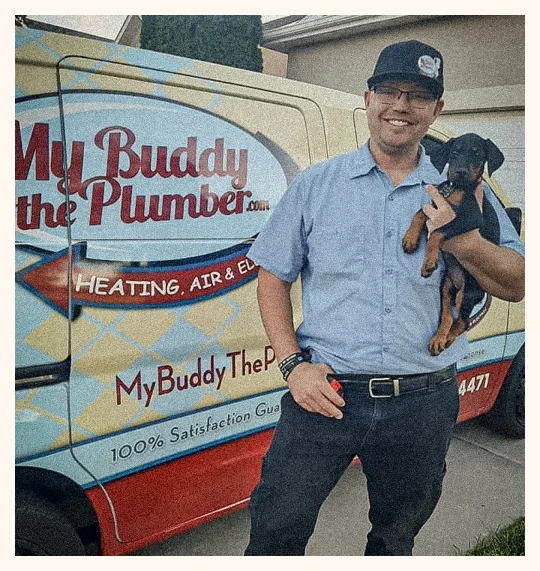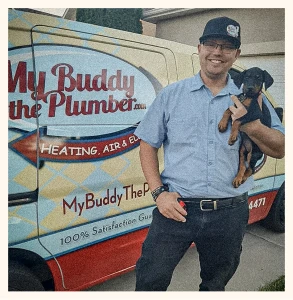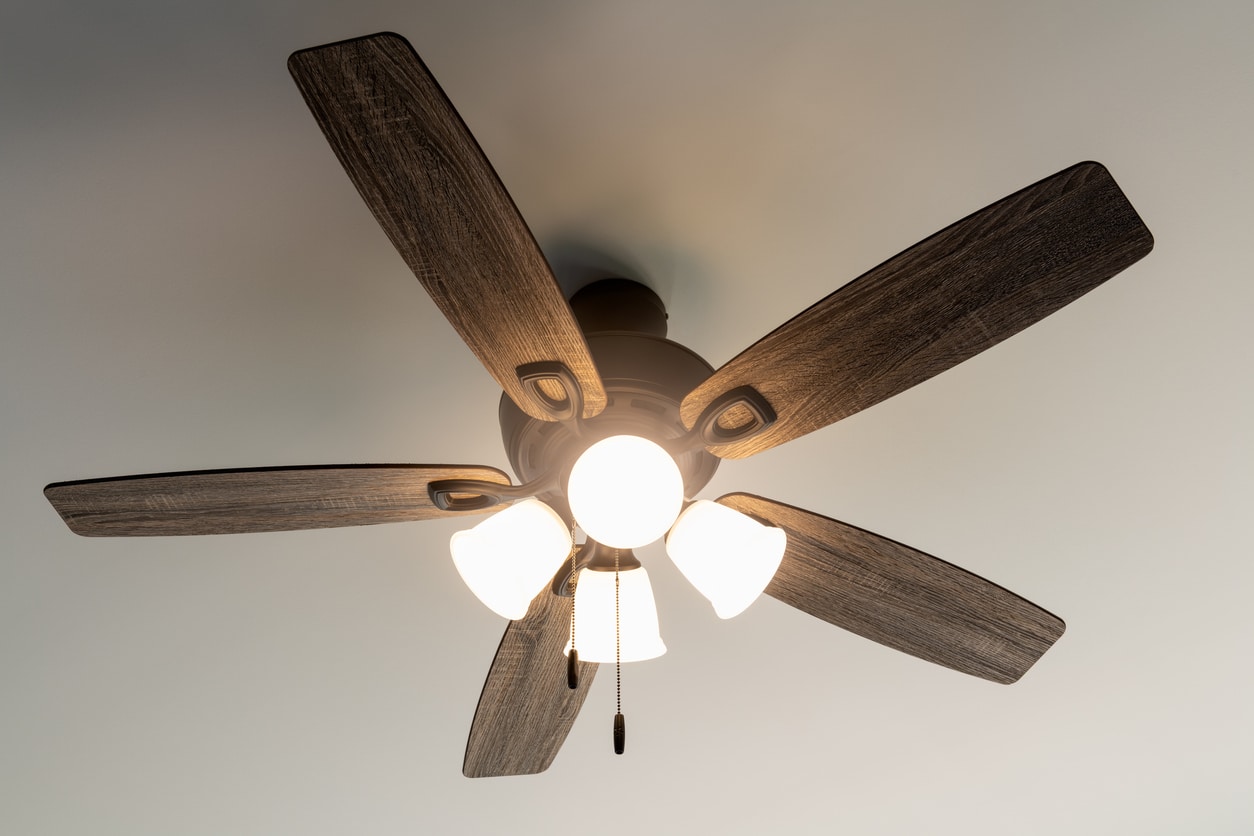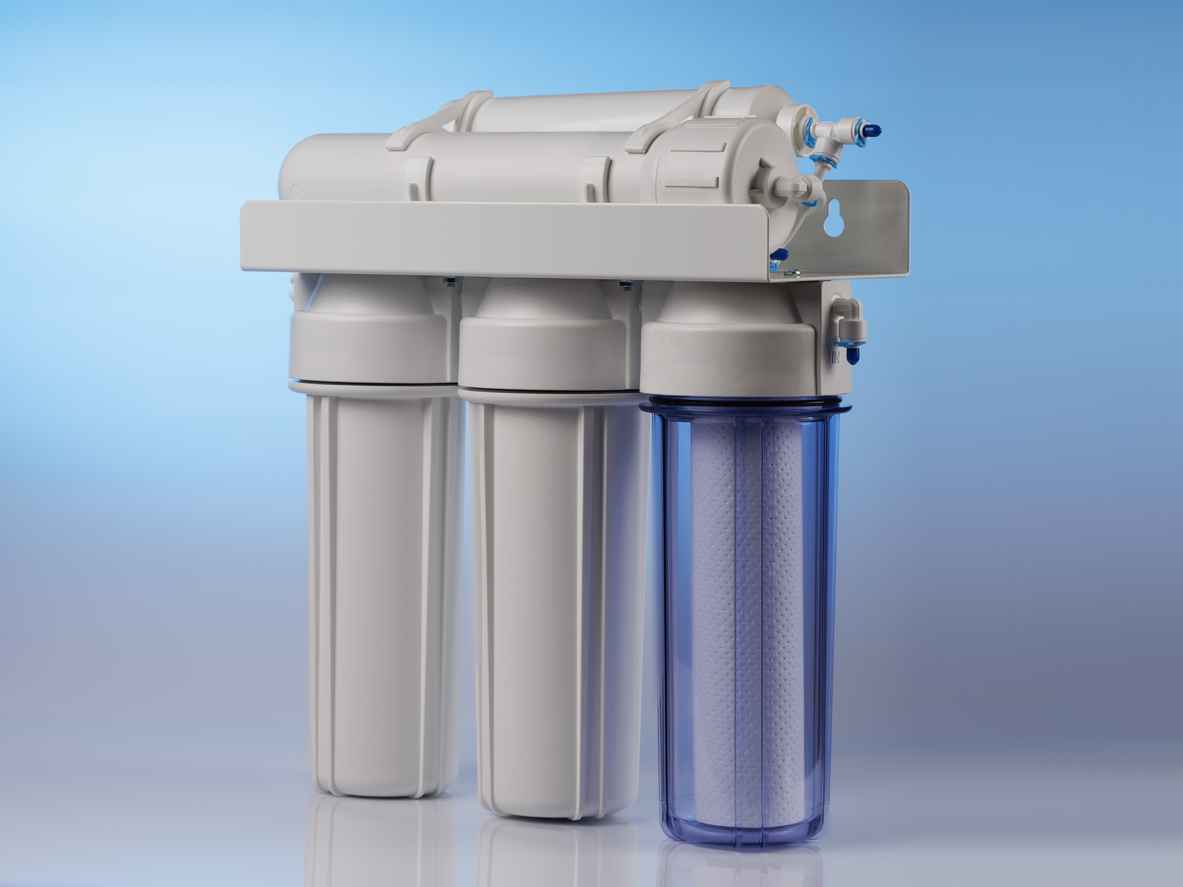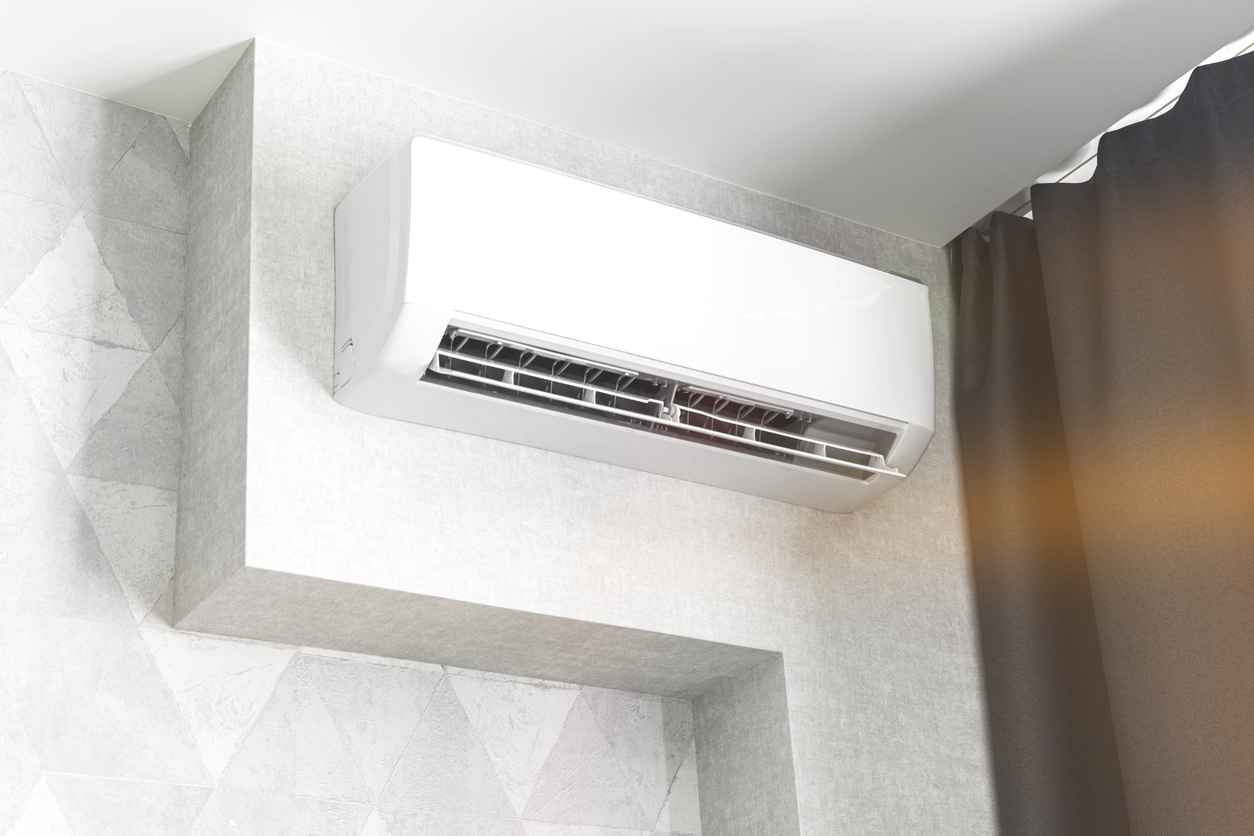Meanings Behind Smelly Hot Water in Your SLC Plumbing System
Odors can often be signals that alert us to certain issues taking place in various areas, and a great example here is within your plumbing system — and particularly your water heater. There are several different odors that may show up in your hot water or your water heater; some of them may be relatively minor or not worthy of concern, but others could be showing you evidence of a significant issue that requires attention.
At My Buddy the Plumber, we’re here to assist clients throughout Salt Lake City and nearby areas with all their water heater repair needs, including in situations where strange odors are coming from this component or from your water supply itself. What are some of the different odors that may come up here, and what might they mean? Here’s a simple primer.
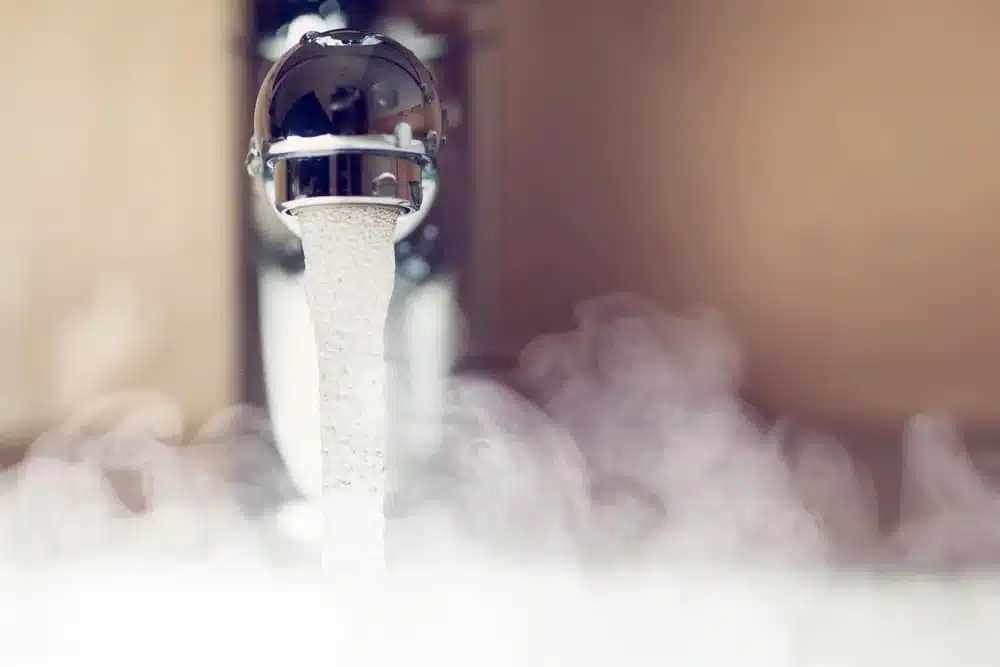
Rotten Eggs
One of the most well-known possible odors coming from a water heater is the smell of rotten eggs. In many cases, this is actually the result of sulfur in your water itself; while not necessarily harmful, it can be quite unpleasant to deal with. If you only notice this odor when using hot water, however, it’s more likely due to bacteria growing in your water heater tank. And while such bacteria usually don’t actually pose an immediate health risk to humans, the major concern here is what other kinds of threats this situation exacerbates. For instance, if this bacteria is allowed to build up too high, other more harmful bacteria like iron bacteria may form, which could lead to a clogged water heater tank and other issues. As such, it’s important to have this dealt with sooner rather than later by a professional plumber.
Sewage Smell
This smell is less common in the water heater than it is in your overall water supply, though it can even impact the heater itself in some cases. There are a few possible causes at play here, ranging from relatively minor in nature to fairly serious:
- Bacteria from food and soap: In some cases, this smell will be due to bacteria from food or soap that’s gone down the drain and become trapped in your P-trap (the U-shaped curve in your drain line). This is usually pretty easy to clear up by simply running some hot water down the drain for a minute or two.
- Dry P-trap: If you don’t use certain drains regularly (like a guest bathroom that only gets used a few times a year), the water in the P-trap can evaporate, allowing smells to come up. Again, hot water should do the trick here.
- Leaking sewer line: In more serious cases, this smell could be coming from a sewage line that’s cracked or otherwise damaged. This is obviously a much bigger problem that will require professional attention to fix.
Musty or Damp Odor
If your water has a musty or damp smell, it’s likely due to organics that have begun to pollute or contaminate your water source. This is a fairly common issue, particularly in older homes, and while it’s not necessarily harmful to humans, it can still be quite unpleasant. In some cases, this can be remedied by installing a water filtration system that will remove these contaminants from your water before they even have a chance to enter your home. However, if the issue is due to a problem with your well water or another water source, you’ll need to contact a professional to have it dealt with.
Metal
What if your water tastes like metal? This is most commonly due to concerns with your piping system rather than your water heater itself, but it can also be caused by corrosion within the water heater tank. If your pipes are older and made of metal, it’s not uncommon for them to begin leaching minerals into your water supply, particularly if they’re starting to corrode. This can usually be addressed by having a professional plumber come in and reline your pipes. However, if the issue is with your water heater tank, you may need to have it replaced entirely. It’s also technically possible that harmful lead is present in your water, but in modern times, this is usually only an issue if you have very old pipes. If you’re concerned that this might be the case, you can have your water tested by a professional to find out for sure.
Chlorine Smell
Have you begun to notice that your hot water smells like a swimming pool every time you turn on the shower? This is most likely due to a high level of chlorine in your water, which can be caused by a variety of different factors. In some cases, this may simply be due to the fact that your municipality adds extra chlorine to your water during certain times of year (usually in the summer) in order to prevent the growth of harmful bacteria. If this is the case, the smell should go away on its own after a few weeks. However, if the issue persists, it’s possible that there’s a problem with your water heater itself. In particular, it could be an issue with the anode rod — a metal rod that’s installed in your water heater tank to help prevent corrosion. If this rod becomes corroded, it can cause chlorine to leach into your water. In most cases, the issue can be resolved by simply replacing the anode rod. However, if the problem is severe, you may need to have your entire water heater replaced. For more on the various smells that may come from your hot water and what they’re telling you, or to learn about any of our plumbing services for clients around Salt Lake City and surrounding areas, speak to our team at My Buddy the Plumber today.
Recent Posts
Recent Posts


Join the My Buddy Club
Easy Maintenance & Exclusive Benefits
The My Buddy the Plumber’s Club is our comprehensive maintenance membership program that will protect your home comfort systems! From an in-depth home plumbing inspection to thorough furnace and air conditioning tune-ups, the club does it all. Our team will ensure your HVAC, plumbing, and electrical systems are running safely and in top shape. Joining our club can also provide plenty of exclusive perks, such as:
- Priority service
- 10% discount on repairs
- No after-hours fees
- Peace of mind
- Matched manufacturer’s warranty
- Tank water heater flush
- Drain cleaning
- Electrical safety inspection


